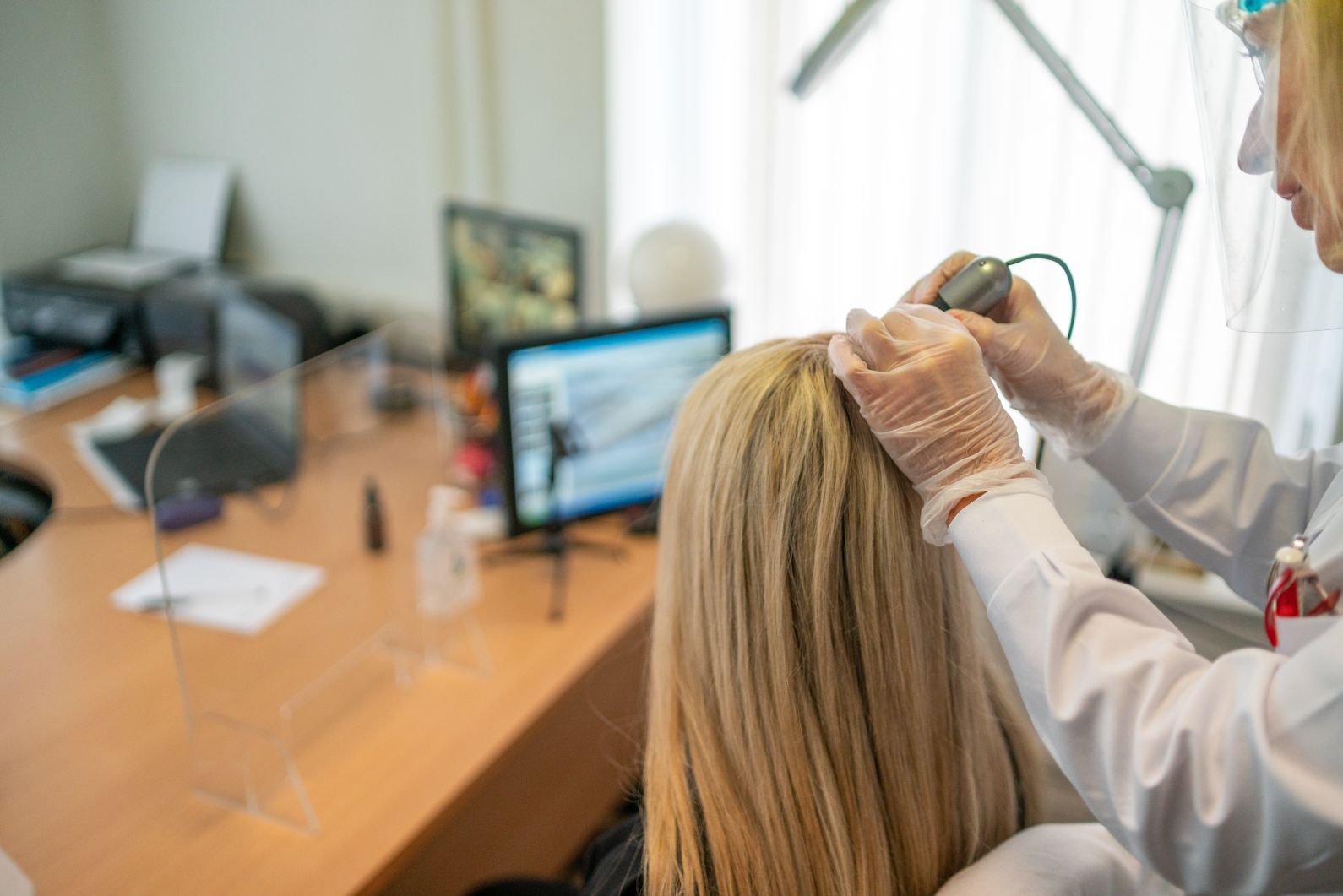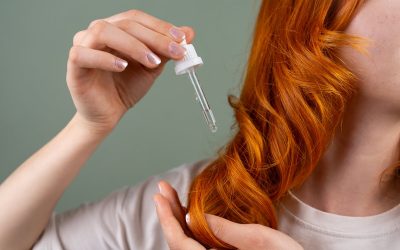Hair loss can be a distressing experience for teens, significantly impacting their confidence and self-esteem. Alopecia in teenagers doesn’t just affect appearance—it can also take a toll on their emotional well-being and social interactions. Understanding the root causes and exploring effective management strategies is essential to help young people regain confidence and promote hair regrowth.
This guide outlines practical insights into managing teen alopecia, focusing on safe, proven methods and holistic solutions tailored to their needs. Whether it’s identifying the causes, exploring treatment options, or providing emotional support, there are steps you can take to help your teen navigate this journey successfully.
What Causes Teen Hair Loss?
Alopecia in teens can arise from various causes, including genetic predisposition, hormonal fluctuations, and lifestyle factors. The most common types of alopecia include:
Alopecia Areata: An autoimmune condition where the immune system attacks hair follicles, leading to patchy hair loss. In severe cases, it can progress to complete scalp hair loss (alopecia totalis) or total body hair loss (alopecia universalis).
Androgenic Alopecia: Often hereditary, this type causes gradual thinning over time. In males, it may present as a receding hairline or thinning at the crown, while in females, it typically results in diffuse thinning across the scalp.
Telogen Effluvium: Triggered by physical or emotional stress, this condition causes excessive hair shedding. It is temporary and often occurs a few months after the triggering event, such as illness, surgery, or significant stress.
Other factors contributing to teenage hair loss include traction alopecia from tight hairstyles, nutritional deficiencies, scalp infections, certain medications, and underlying medical conditions such as thyroid disorders or PCOS.
Identifying the type and cause of hair loss is critical, as it informs the course of treatment. Early intervention is key to promoting regrowth and managing the condition effectively.
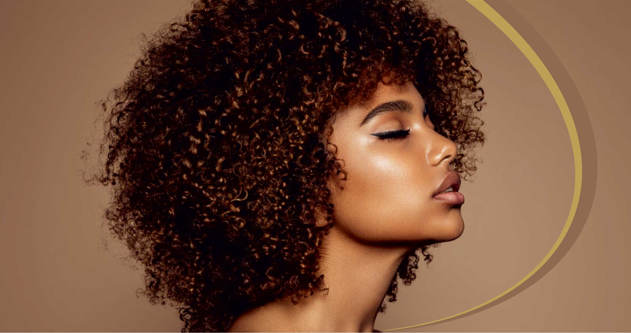
How Dublin Hair Specialists Can Help Manage Alopecia in Teenagers
The best step to address teen alopecia is often to seek guidance from a trichologist or hair loss specialist. These professionals have the expertise to provide accurate diagnoses and tailored treatment plans.
During an initial consultation, the trichologist will typically perform a detailed scalp assessment. This may include examining the scalp for signs of inflammation, testing hair strands for breakage patterns, or even conducting blood tests to identify underlying health issues such as nutrient deficiencies or hormonal imbalances. These diagnostic tools help determine the root cause of hair loss, which is critical for selecting the right treatment approach.
Hair loss specialists can recommend a range of treatments tailored to the teenager’s specific needs, from non-invasive therapies like laser hair growth therapy to customised scalp care routines. They can also provide guidance on lifestyle changes, such as stress management techniques or dietary improvements, that support long-term hair health. For teenagers dealing with more advanced cases of alopecia, specialists may even suggest cosmetic solutions like hairpieces or scalp micropigmentation to help restore confidence.
Working with a certified Dublin trichologist not only ensures that the teenager receives the most effective care but also provides reassurance for both the teen and their family. Having a professional to track progress, adjust treatments as needed, and address any concerns can significantly reduce the stress associated with hair loss. Ultimately, this partnership can pave the way for better outcomes and a more positive experience in managing hair loss.
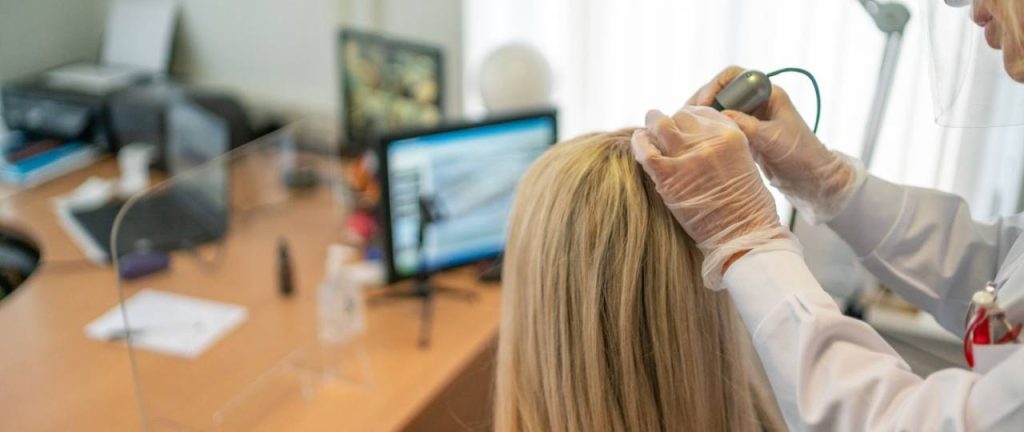
Professional Treatments for Hair Loss in Teenagers
After consulting with a specialist, teens can benefit from targeted therapies designed to stop hair loss and promote healthy regrowth. Unlike general over-the-counter solutions, these treatments are tailored to address each teen’s unique needs, ensuring maximum efficacy and safety.
One widely used approach involves the application of clinically proven topical hair loss solutions that help stimulate follicles and encourage regrowth. These treatments are particularly effective for conditions like male pattern baldness and female pattern hair loss. Regular use and professional monitoring ensure optimal results and management of any side effects.
Another emerging solution is Low-Level Laser Therapy (LLLT). This treatment uses targeted light energy to stimulate hair follicles and improve blood circulation in the scalp, helping deliver oxygen and nutrients to the hair roots. Laser hair growth therapy is painless and requires no downtime. It has been shown to enhance hair density and thickness, especially when combined with other therapies.
Additionally, herbal oils like rosemary, peppermint, and tea tree oil are gaining popularity for their natural benefits. Rosemary oil improves scalp circulation and reduces inflammation, while peppermint oil soothes the scalp and stimulates follicles. These oils can be used in scalp massages or diluted with carrier oils for direct application.
Remember, while these hair loss treatments hold promise, working with a qualified professional is crucial to ensure they are safe and suitable for teens. As mentioned previously, treatments should be personalised, taking into account the type and severity of alopecia, the teen’s overall health, and their comfort level with each option.
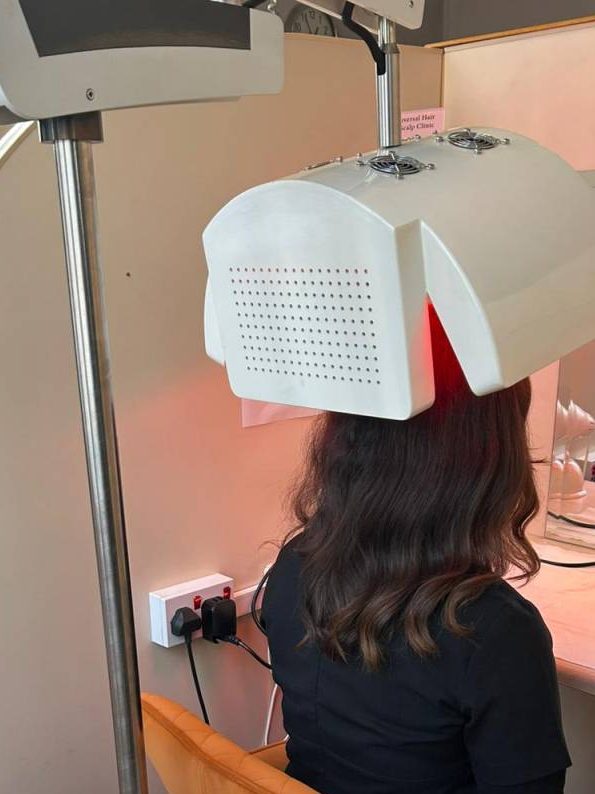
Natural Approaches to Address Alopecia in Teenagers
While professional guidance and advanced treatments are invaluable, natural approaches can be incorporated into everyday routines to successfully support hair regrowth and address alopecia.
Nutritional Support
A well-balanced diet is essential for maintaining healthy hair. Key nutrients like iron, zinc, and biotin play a vital role in supporting hair regrowth:
Iron: Found in lean meats, beans, and dark leafy greens, iron supports oxygen delivery to hair follicles, promoting their health and growth.
Zinc: Essential for tissue repair and growth, zinc can be sourced from nuts, seeds, seafood, and whole grains.
Biotin: A key nutrient for keratin production, biotin is abundant in eggs, nuts, and avocados.
To make it easier for teenagers to incorporate these nutrients into their diet, try simple meal ideas like grilled salmon with quinoa or a smoothie made with avocado, banana, and almond milk. If deficiencies are suspected, consulting a specialist for advice on appropriate supplements for hair loss can be a good next step. Encouraging teenagers to adopt a nutrient-rich diet supports hair health and improves overall well-being.
Gentle Hair Care
Adopting a gentle hair care routine can significantly reduce stress on fragile hair follicles and create a healthier environment for regrowth.
Sulfate-Free Products: Opt for shampoos and conditioners formulated without sulfates, as they are less likely to strip the scalp of its natural oils. Look for products containing nourishing ingredients like aloe vera, argan oil, or coconut oil.
DIY Hair Masks: Homemade masks using natural ingredients can help nourish the scalp. These masks are designed to moisturise and strengthen hair while soothing the scalp, creating a healthier environment for regrowth.
Additionally, teens should avoid excessive heat styling, tight hairstyles, or chemical treatments that can damage already fragile hair. Regular scalp massages can also help stimulate blood flow to the hair roots, delivering essential nutrients and encouraging growth. A gentle, consistent care routine is key to long-term success.

Emotional Support for Teens With Alopecia
For teenagers, alopecia can be particularly isolating, as it often affects their self-image and how they interact socially with peers. The visible nature of hair loss can trigger feelings of embarrassment, anxiety, or even depression, making emotional support a vital component of managing the condition. Addressing these emotional challenges is just as important as tackling the physical aspects of hair loss.
Counselling or therapy can be particularly beneficial. Licensed therapists trained in adolescent mental health can help teenagers process their emotions and develop coping strategies. Group therapy or support groups specifically for teens with alopecia can also provide a sense of community. Hearing others share their experiences can remind teens that they are not alone, helping to reduce feelings of isolation and build resilience.
Parents like you also play a critical role in supporting their teens emotionally. It’s important to create a safe space for open conversations where teens can express their frustrations and fears without judgement. Encourage your teen to explore creative outlets, such as painting, sports, or playing a musical instrument, to help redirect their focus towards their strengths and passions. These activities not only boost self-esteem but also provide a healthy distraction from the challenges of alopecia.
Additionally, fostering a positive self-image is key. Remind your teenager that their worth is not tied to their appearance and celebrate their unique qualities. Small acts, like helping them choose stylish hats, scarves, or wigs if they wish, can empower them to feel more in control of their appearance. Providing consistent encouragement and reinforcement can significantly improve their overall well-being.
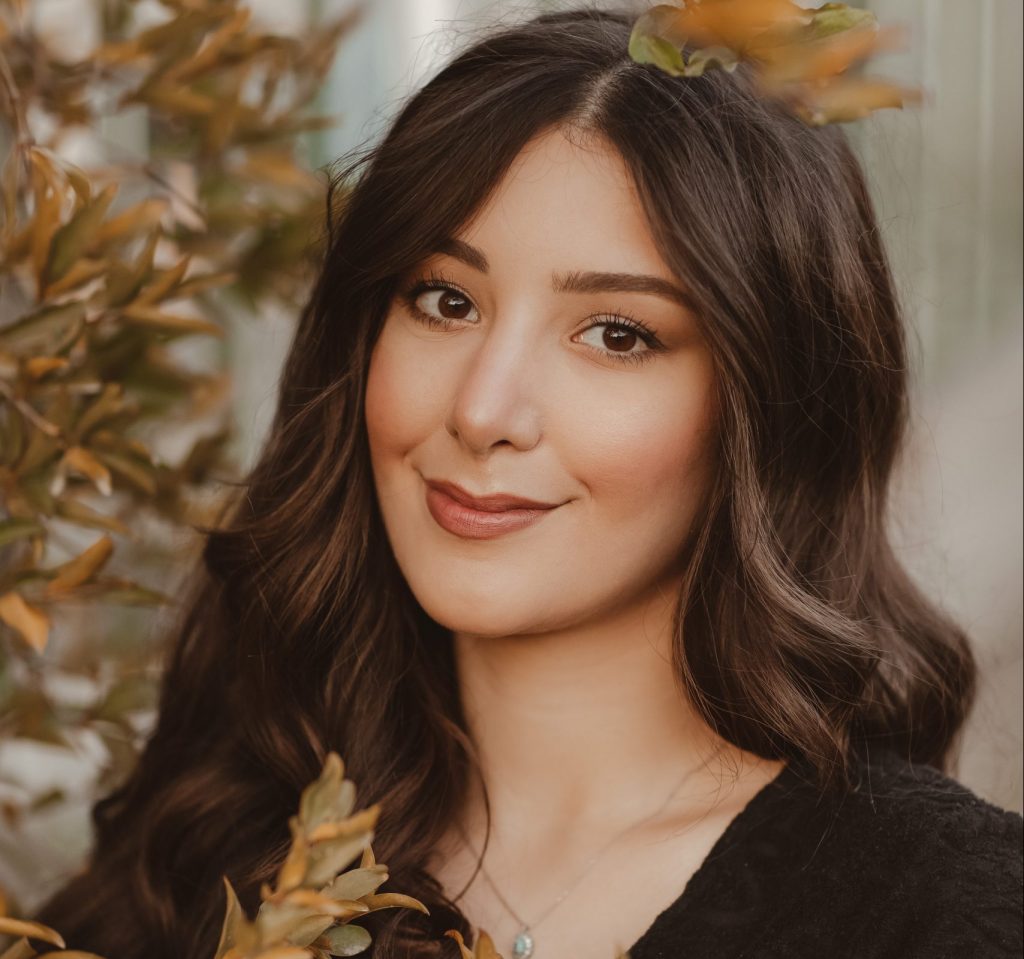
In conclusion, managing alopecia in teenagers requires a comprehensive approach that addresses both physical and emotional aspects. With the right combination of nutritional support, gentle care practices, and advanced therapies, teenagers can regain their confidence and work towards healthier, fuller hair.
Lastly, early intervention is crucial. So, if you notice signs of hair loss, consult a professional immediately to explore the best solutions for your teen.
Is your teen struggling with hair loss? We specialise in treating alopecia in teenagers. Call us now on +353 (0)1 679 3618 to arrange a consultation with our certified Dublin trichologist and begin your teen’s journey towards tailored hair care and a boost in confidence.
Royalty-free image supplied from Pexels as part of the SEO service from 3R


